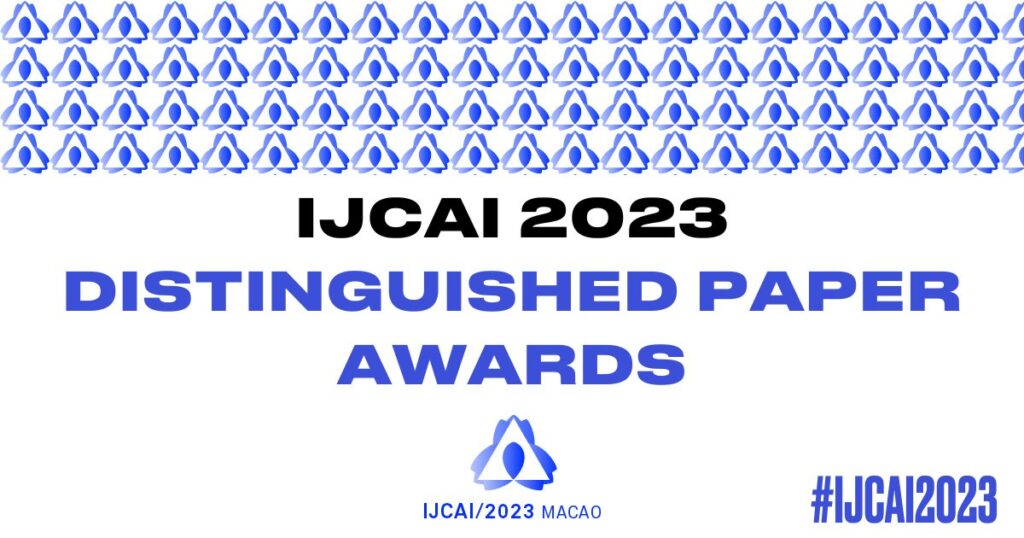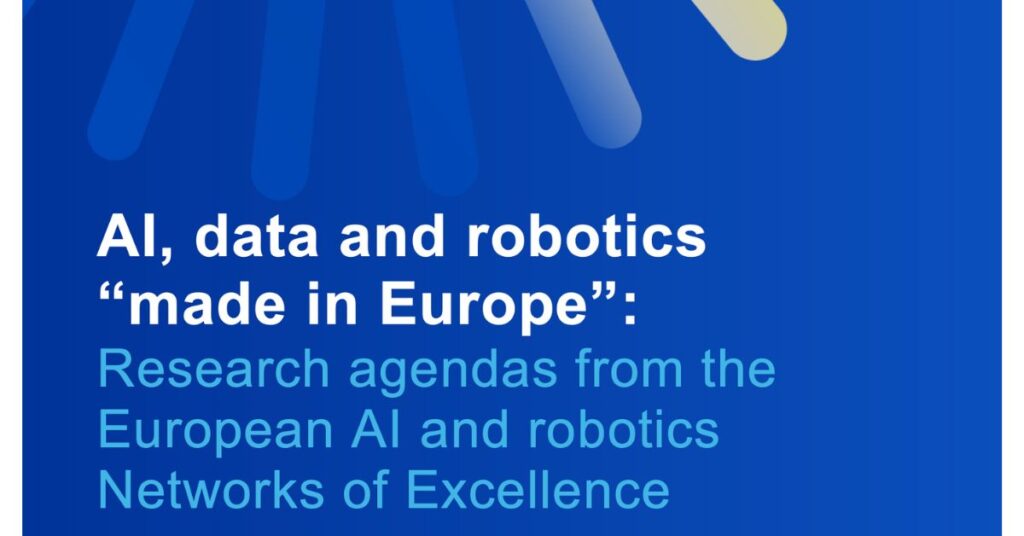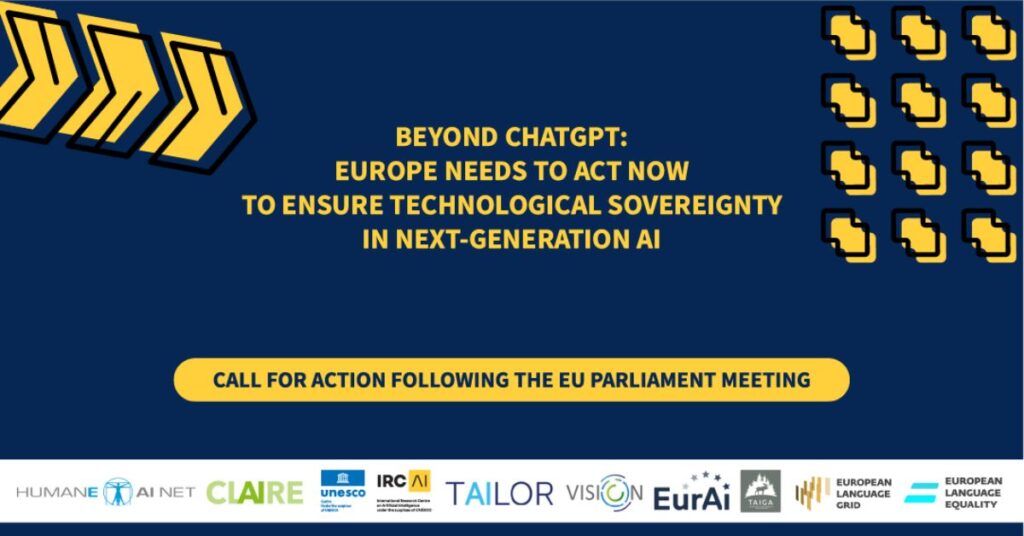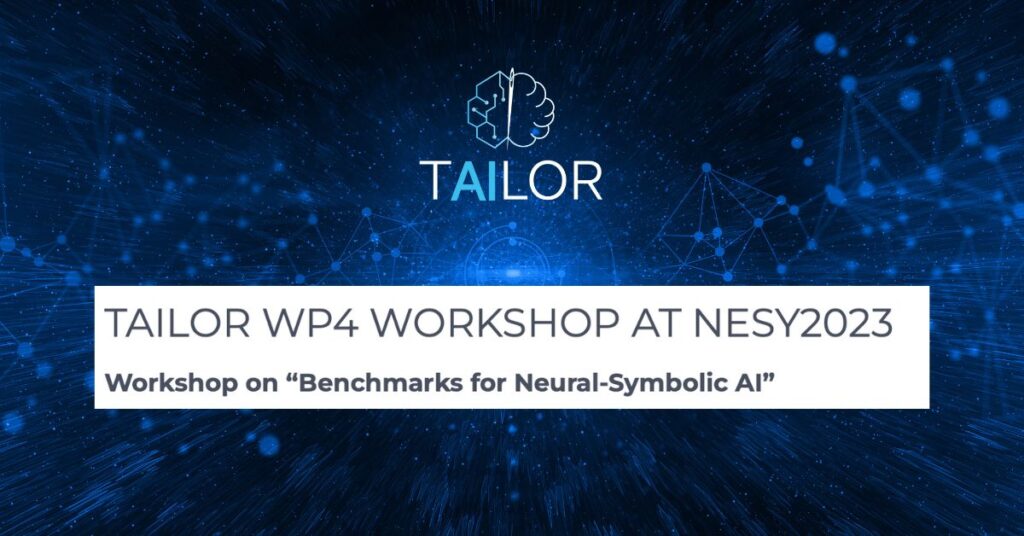IJCAI2023 Distinguished Paper Award to TAILOR Scientists from KU Leuven
Congratulations to Wen Chi Yang, Gavin Rens, Giuseppe Marra and Luc De Raedt on winning the IJCAI 2023 Distinguished Paper Award! The IJCAI Distinguished Paper Awards recognise some of the best papers presented at the conference each year. The winners were selected from among more than 4500 papers by the associate programme committee chairs, the programme and general chairs, and the president of EurAI. […]
IJCAI2023 Distinguished Paper Award to TAILOR Scientists from KU Leuven Read More »









